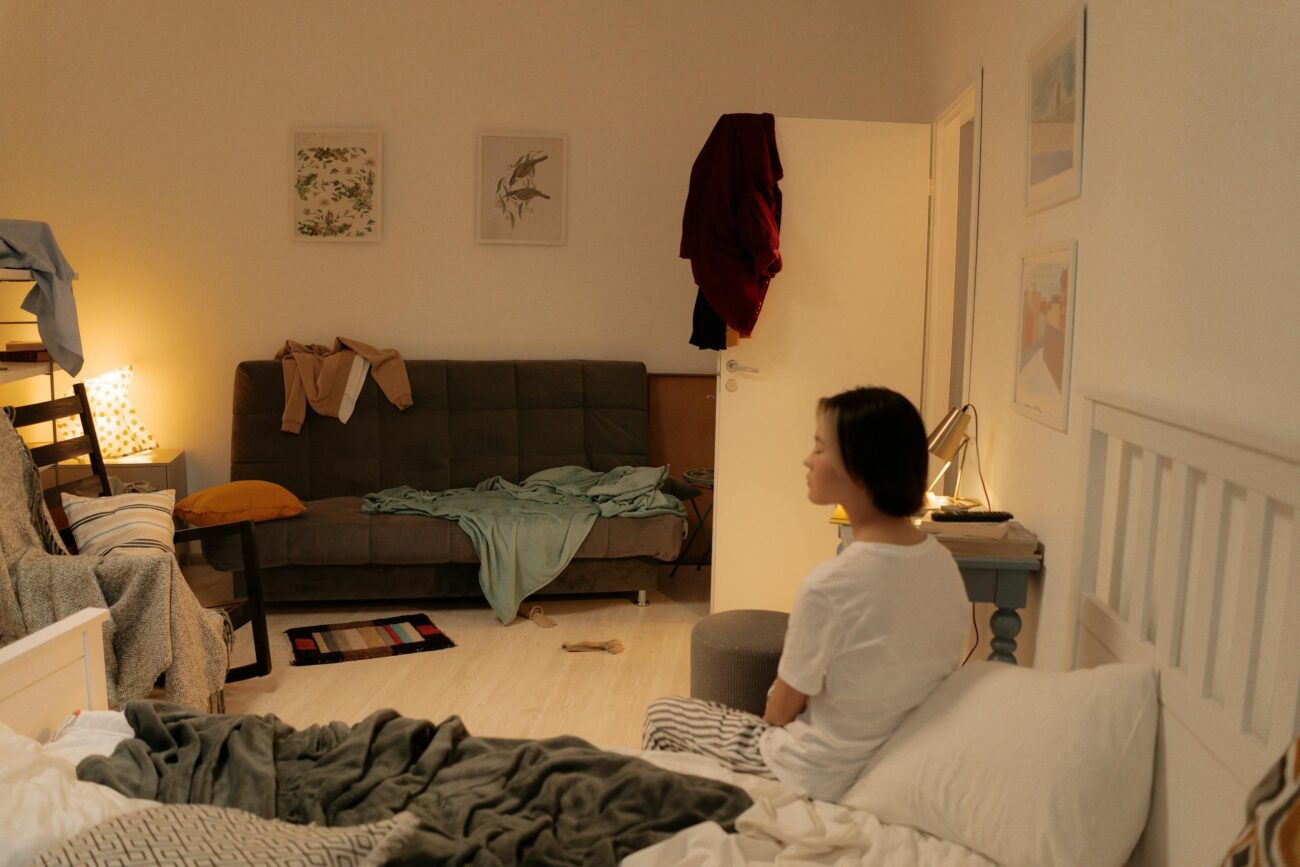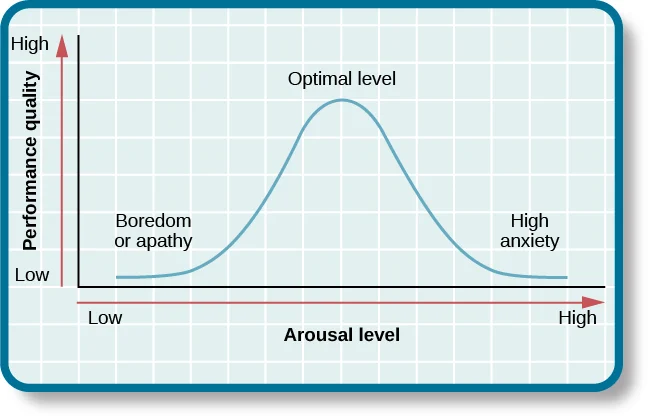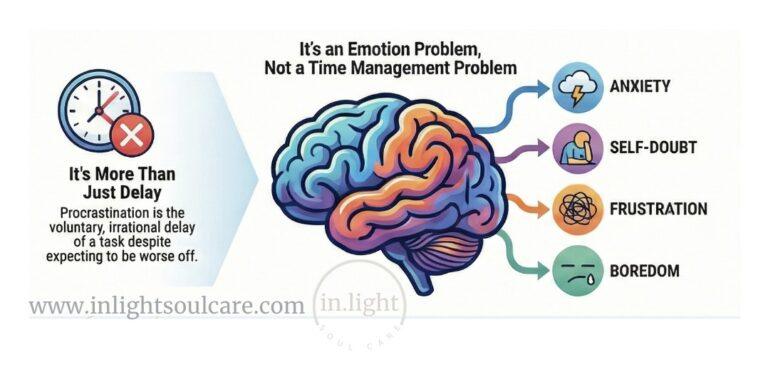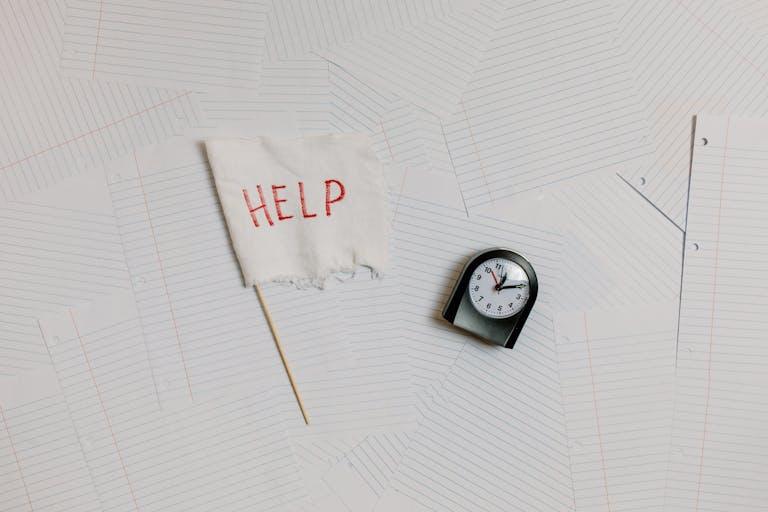Why You Still Feel Exhausted After a Break: Signs It’s More Than Stress
You take time off. You rest. But your still exhausted, even after a break. Maybe you even book a vacation or step back from commitments for a while. For a few days, you feel a little lighter. But then the exhaustion creeps back in. You wake up heavy, unmotivated, or flat. No matter how much sleep or downtime you give yourself, you don’t bounce back the way you used to.
When ordinary stress recovery doesn’t work, it’s usually a sign of something deeper like burnout, moral injury, or identity collapse. And that requires more than a long weekend. Learn the signs of burnout and moral injury, and how therapy can guide real recovery beyond ordinary stress.
Stress recovery vs. burnout collapse
Stress is part of life. A difficult project, a tough week, or a family crisis can drain you. When the stressor passes, your body and mind usually return to baseline. Rest, exercise, and normal routines are enough to restore your energy.
Burnout and moral injury are different. They change how your nervous system, beliefs, and sense of self operate. You don’t bounce back, because the system itself has been altered. It’s like trying to reboot a computer with a corrupted operating system. Sleep helps, but it doesn’t solve the underlying problem.
Some signs you may be dealing with more than stress:

- You feel numb or detached, even after time off.
- You return from vacation and immediately feel dread.
- Ordinary tasks feel overwhelming, not because you’re busy, but because you feel emptied out.
- Your values or sense of purpose feel shaken because you can’t connect to why you do what you do.
- Your body shows wear: chronic fatigue, headaches, gut issues, or sleep disturbances that don’t resolve with rest.
If this sounds familiar, you may be in the territory of burnout or moral injury.
The soul cost of caregiving and helping work
In Ontario, many of the professionals I work with: nurses, therapists, clergy, social workers, educators, public servants, tech workers, carry a hidden cost for their work. It’s not only the hours or workload. It’s the repeated exposure to suffering, ethical compromises, and impossible demands. Over time, this erodes the very identity that once gave you strength.
This is why “more rest” doesn’t work. Because you’re carrying wounds that impact the spiritual part of you: your meaning, values, and sense of self. That’s not solved by a spa day. It requires intentional and structured recovery.
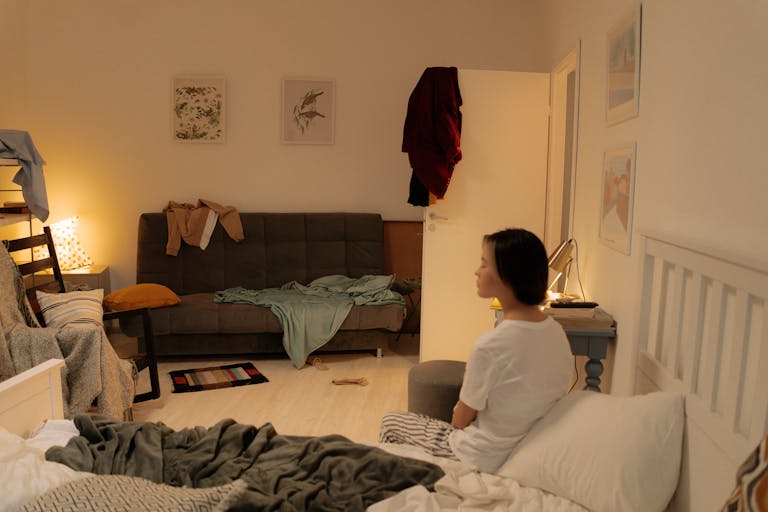
A framework for recovery
I’ve developed a simple framework to help professionals move through four clear phases of recovery:
- The Drain – recognizing the depletion and its toll on your body, mind, and spirit.
- The Break – creating the separation needed to interrupt collapse.
- The Turn – facing the deeper questions of identity, ethics, and meaning.
- The Return – rebuilding a sustainable life, with renewed energy and purpose.
Recovery is a guided path that acknowledges the depth of what you’ve been through, while guiding you toward a deeper understanding of what got you here, who you are and how to create structures in your life to prevent burnout in the future. We can stay at the surface or go deeper into past sources of learning and unlearning – you set the pace.
Why therapy may be the next step
If you’ve tried rest, time off, or lifestyle changes and still feel depleted, it’s a sign you need more support. Therapy offers a space to name what’s happening, map where you are in recovery, and move forward with clarity. When you begin to see yourself in a compassionate way and understand how you got where you are, you will be able to make choices that strengthen your identity so you can choose instead of react.
I work with professionals across Ontario. My practice is online and I serve Kitchener, Toronto, the GTA, and beyond. My clients don’t come for breathing and meditation strategies – you can find a somatic practitioner for that and I encourage you to find the best fit for your needs. You spend time with me if you want to explore who you are and strengthen your identity in a holistic and values based way. I care from a framework that respects both the human and the professional cost of work.
I offer a recovery plan that aims to restore your energy, your confidence, and your sense of self.
